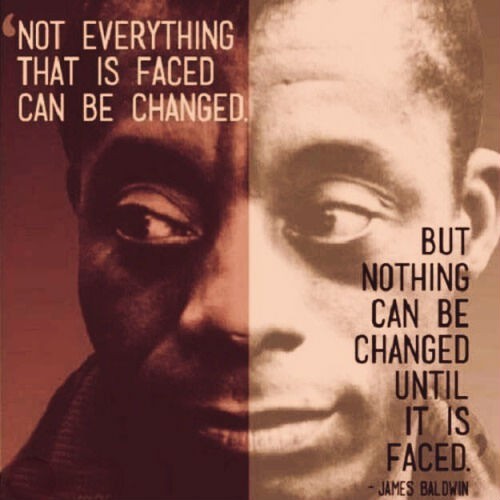Do Movies Really Matter?
Artel Great
Movies make magic. They captivate us. They transform us. They take the mundane and modify it before our waking eyes. In fact, cinema assumes a pedagogical role in the lives of many people. At its best, film travels through the hidden chambers of our minds and alters what already exists; clearly, movies could not achieve this spectacular feat by merely reflecting the norm. [1]
Motion pictures, at their core, expand possibilities. In other words, cinema represents a very powerful vision of what our future can hold. That said, my work with the Cinema Research Institute is aimed at impacting the heart of cinema’s most vital role in our society and that, in my opinion, is to increase our vision of⎯ the possible!
Today, new technology continues to push the boundaries of human connectivity. And as media culture rapidly changes with these new technologies (digital, mobile, internet, social media, etc); quite frankly, cinema and television still remain highly active sites for the production and circulation of complex power relations.
In his book, Devil Finds Work, James Baldwin explores certain underlying assumptions found in American media. He reminds us of the fundamental necessity for storytelling as a critical component of the human experience. That is, after all, why humans invented poetry, art, music, literature, film, etc. Baldwin contends that, “in order for a person to bear his [or her] life, he [or she] needs a valid re-creation of that life.” [2] Wow. Rather profound, huh?! (Gotta LOVE James Baldwin.)
To that extent, the epistemological function of cinema and television in the process of global socialization and human identity formation cannot be easily overlooked. Cinema (and media in general) provides us with the stories and images of our humanity that help shape our understanding of being-in-the-world. [3]
The question then begs to be asked⎯ what is the psychic and empirical toll on the lives of those marginalized groups whose images, stories, and experiences have become invisible or grossly distorted in the commercial film and television landscape?
With this in mind, I am immensely honored and excited that throughout the 2014-2015 year I have been chosen to work with the Cinema Research Institute (CRI) to tackle tough questions like this. My research is aimed at excavating innovative film distribution strategies to address issues of media diversity for underserved communities, including but not limited, to Black, Latino, Asian-American, and Native-American audiences and filmmakers.
I’d like to thank the CRI for bestowing me with this prestigious fellowship. I deeply appreciate your confidence and tremendous support, particularly, the incomparable Dean Mary Schmidt Campbell, the assiduous John Tintori, the percipient Robert Warren, the enterprising Richard Vague, and the astute Colin Brown. You have selected me to receive this award for a reason, and I will not disappoint. I desire to thank my vivacious, beautiful, and intelligent mother, Ms. G.B. Walker. There are no words to adequately express how much you mean to me. I am⎯ because you are. Last, but most certainly not least, I desire to thank my most wise, pioneering, and courageous ancestors upon whose shoulders I stand. Thank you for blazing a trail that I might follow. I hope to one day extend your legacies and inspire others the way you have inspired me. Also, special thanks to the tireless Miranda Sherman. And congratulations to my fellow Fellows (pun intended) ⎯ stay thirsty, my friends.
To the vibrant multicultural audiences, the under-recognized, progressive, humanistic filmmakers with diverse voices, and to the broader audiences who have multicultural tastes⎯ I see you!!! I know you’re out there and together we will make a positive impact and our voices will be heard!!!
I definitely real(eyes) that great ideas can change the world, but it requires great people to make it happen. That’s why I’ll need your help throughout the year, to engage the film and entertainment community in a long-running dialogue, while designing positive solutions toward media equity, as we work diligently to disrupt the status quo in dominant film distribution. I thank you in advance for your support. And I look forward to taking this amazing journey with you all !!!
Notes:
1. Jeanette Winterson. Art Objects: Essays on Ecstasy and Effrontery (Random House, 1997).
2. James Baldwin. The Devil Finds Work (Random House, 1976).
3. See Martin Heidegger, Being and Time (HarperCollins, 2008), 84.






